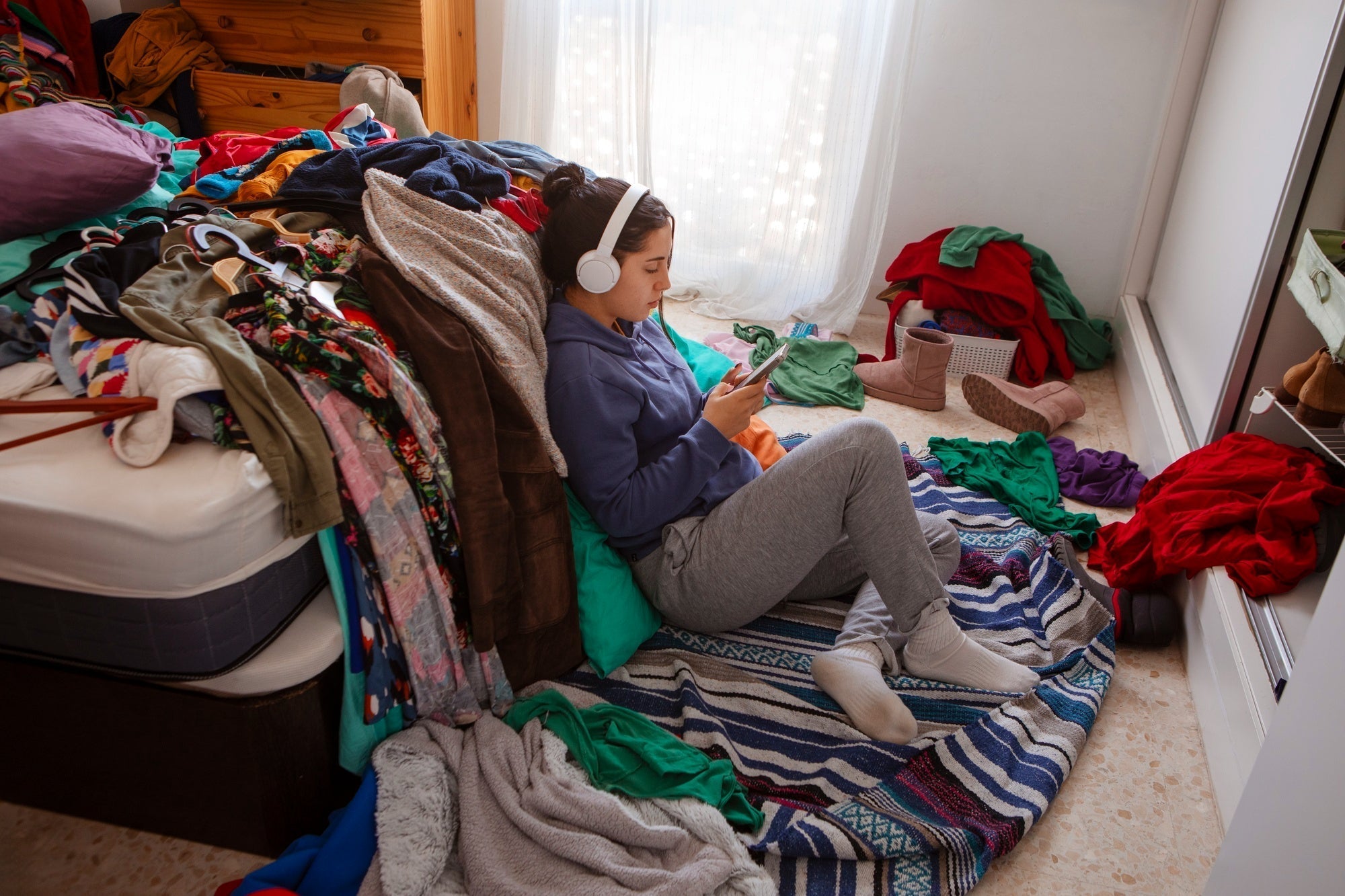We often see a messy room and think: lazy, careless, or disrespectful. But what if it's something else entirely? For many teens, a cluttered room isn’t just about socks on the floor or plates under the bed, it can be a reflection of their inner world.
What the Mess Might Really Mean
-
Mental Overload: A chaotic room can mirror a chaotic mind. School pressure, friendship drama, or anxiety might leave them too drained to tidy up.
-
Loss of Control: For some teens, letting their room go gives them control over something — even if it’s just their mess.
-
Low Motivation: Depression and burnout often show up as a lack of energy for even basic tasks.
What You Can Do Instead of Nagging
-
Ask, Don’t Accuse: “Hey, I noticed your room’s been pretty cluttered lately. Everything okay?”
-
Offer Help Without Shame: Sometimes, they just need someone to sit with them while they clean — not someone to scold them.
-
Check the Pattern: Is it an occasional mess or a constant one? The pattern can give insight into whether it’s stress, a phase, or a sign of something deeper.
Why It Matters Emotionally
-
You’re showing them their emotions matter, even the messy ones.
-
You’re teaching that environments affect moods — and vice versa.
-
You’re building trust, not just enforcing rules.
A tidy room is nice but a supported teen is better. With Chai With Moms, you learn to see beyond the mess and into what your child might really need: compassion, conversation, and a sense of being understood.
Want more ways to decode your teen’s behavior and respond with intention?
Join our weekly emails, workshops, and real-talk tools for conscious parenting.
👉 Join Our Community | Chai With Moms



Raising a Teen in the Age of Comparison and Still Teaching Them to Like Themselves
The Eye Roll Is Not the Enemy — Decoding Teen Attitude